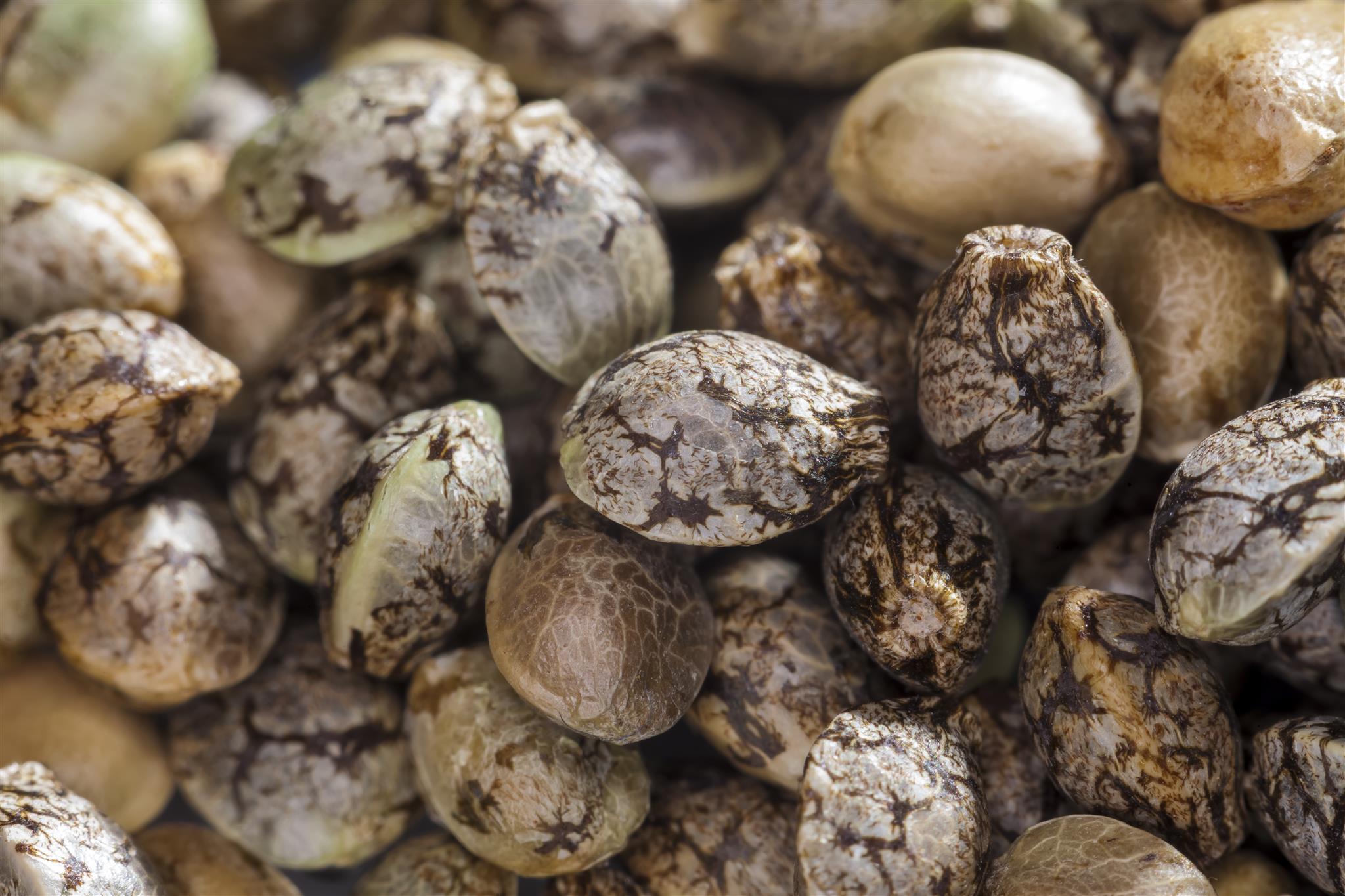Cultivating a Greener Upcoming: The Part of Cannabis Seeds in Sustainable Farming
In current decades, the conversation around sustainable farming techniques has gained momentum, with an growing aim on environmentally friendly possibilities. One intriguing participant in this movement is the hashish plant, especially its seeds. Hashish seeds have emerged as a prospective recreation-changer in sustainable agriculture, giving a myriad of positive aspects that increase over and above the realm of recreational and medicinal use.
The Eco-Welcoming Mother nature of Hashish Seeds:
Hashish vegetation are identified for their resilience and adaptability, building them an ideal applicant for sustainable farming. The cultivation of cannabis seeds requires less pesticides and herbicides in comparison to numerous other crops, contributing to a reduction in environmental air pollution. In addition, hashish vegetation have deep root programs that aid avert soil erosion, selling soil health and fertility.
H2o Effectiveness:
Water scarcity is a important concern in agriculture, but cannabis has confirmed to be a fairly drinking water-successful crop. Hashish crops have a exclusive capability to thrive in various climates, from arid locations to much more temperate zones, permitting for cultivation in parts where drinking water means could be minimal. This adaptability tends to make cannabis seeds a promising option for farmers searching to conserve h2o and minimize their environmental effects.
Biodiversity and Crop Rotation:
Sustainable farming methods often emphasize the great importance of biodiversity and crop rotation to manage soil well being. Cannabis fits properly into these concepts, as its cultivation can contribute to crop rotation cycles, preventing the depletion of nutrition in the soil. In addition, cannabis crops guidance biodiversity by offering a habitat for many insects, birds, and microorganisms that enjoy crucial roles in ecological stability.
Carbon Sequestration:
Just one typically-neglected aspect of cannabis cultivation is its probable to act as a carbon sink. Hashish crops soak up carbon dioxide during photosynthesis, encouraging mitigate the results of weather adjust. When grown on a substantial scale, hashish has the ability to sequester important quantities of carbon, creating it a worthwhile ally in the battle from international warming.
Hemp: A Flexible and Sustainable Crop:
Within the hashish family, hemp stands out as a notably adaptable and sustainable crop. Hemp fibers can be utilised to develop a broad array of eco-helpful products, like textiles, paper, and biodegradable plastics. Hemp seeds, rich in protein and crucial fatty acids, are a healthy addition to human and animal weight loss plans, offering a sustainable option to conventional crops.
Economic Rewards for Farmers:
In addition to its environmental positive aspects, cultivating cannabis seeds can deliver financial benefits for farmers. The rising desire for hemp-derived items, this sort of as CBD oil and hemp-dependent textiles, opens up new earnings streams. As more countries legalize and regulate hashish cultivation, farmers have the option to diversify their crops and tap into a burgeoning marketplace.
Challenges and Issues:
Although the possible added benefits of hashish seeds in sustainable farming are promising, there are worries and factors that are unable to be disregarded. Regulatory frameworks, various legal statuses, and the stigma linked with hashish cultivation can pose hurdles for farmers. However, as attitudes in direction of cannabis keep on to evolve globally, it is crucial to tackle these issues to unlock the full opportunity of cannabis in sustainable agriculture.
Conclusion:
Hashish seeds have the potential to revolutionize sustainable farming tactics by supplying a crop that is resilient, water-productive, and environmentally friendly. As the planet grapples with the urgent require for sustainable options in agriculture, checking out the alternatives of cannabis cultivation results in being significantly critical. By embracing their explanation of cannabis seeds, farmers can add to a greener upcoming even though reaping financial rewards. It is time to acknowledge cannabis not just for its leisure and medicinal benefit but also for its job in cultivating a a lot more sustainable and resilient agricultural landscape.
